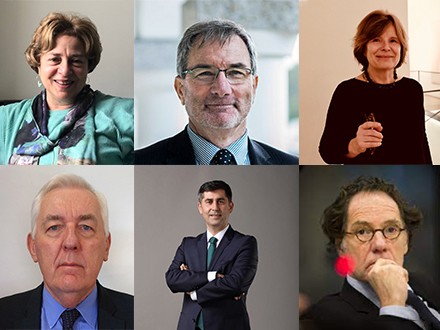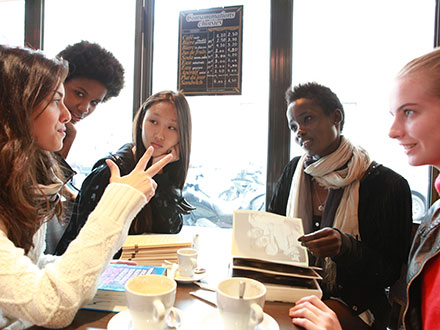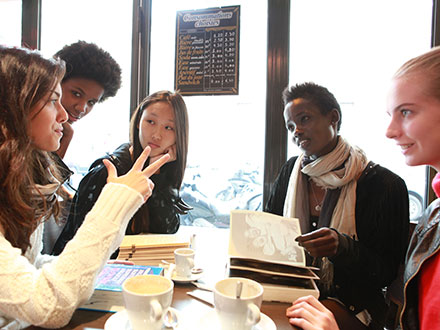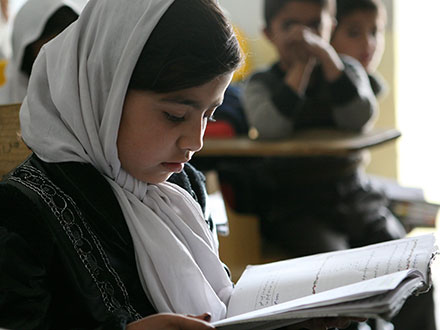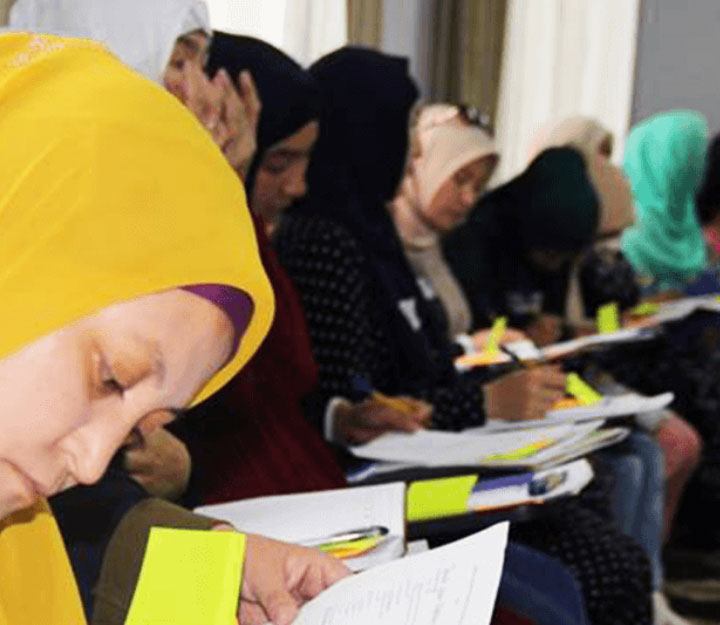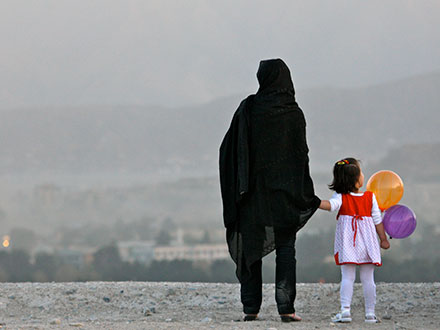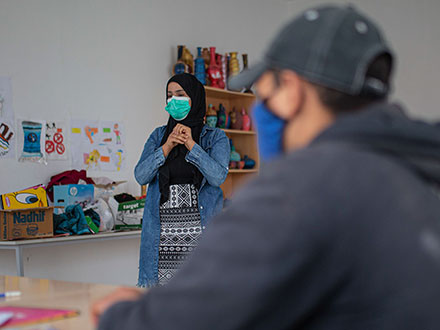From 23-25 May 2016, Hedayah convened an expert workshop on “The role of families in preventing and countering violent extremism” under the auspices of the Global Counterterrorism Forum’s (GCTF) Countering Violent Extremism (CVE) Working Group held in Abu Dhabi, U.A.E.
The workshop contributed to the GCTF’s “Initiative to Address the Life Cycle of Radicalization to Violence”, which aims to create a comprehensive practitioner toolkit for addressing the full cycle of radicalization, and has identified the family’s role in CVE as one of the gaps in the current architecture of good practices and capacity building for addressing radicalization to violence.
The workshop aimed to:
- identify lessons learned and good practices on the role of families in recognizing, preventing and intervening in violent extremist radicalization and recruitment;
- catalogue specific programmatic approaches to empowering and supporting families members – mothers, fathers and siblings; and
- create practitioner resources.
The workshop included government representatives from GCTF member states as well as experts on the role of families in CVE, including researchers and practitioners, community leaders, social workers, religious leaders and civil society representatives.
Speakers and participants presented tools and initiatives used in their countries to empower families in countering radicalization and violent extremism, showcased good practices and lessons learned and took part in a practical exercise to design programs to support families in their prevention roles.
Panel topics were centered around the role of cultural identities and how they influence resistance to violent extremism. Topics also included the roles of various social actors, including mothers and fathers, siblings and peers, programs by national and local authorities as well as by social workers and religious leaders. The workshop also highlighted the crucial role of families in creating effective narratives, as well as their involvement in deradicalization and rehabilitation programs, in addition to existing NGO programs for families.
The key outcomes of these discussions included the importance of building networks for families at risk, learning from different models, amplifying and using existing programs and initiatives at local level and the importance of building trust and capacity among community actors for family-based solutions. Moving forward, the experiences shared during the workshop will be used in the creation of the practitioner toolkit for the GCTF’s “Lifecycle initiative” to be produced and published on the GCTF website.



